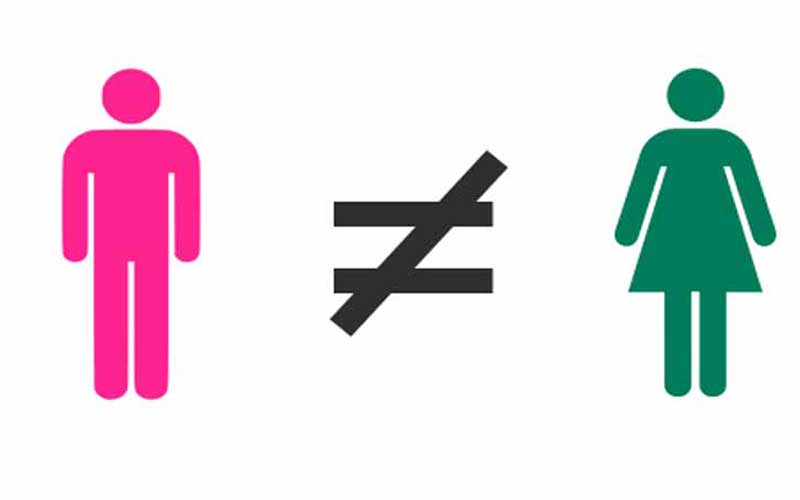×
The Standard e-Paper
Join Thousands Daily

Gender inequality in Kenyan politics is rampant. Despite our country being a continental leader on many fronts, we just can’t seem to address issues of gender inequality. It’s not like we haven’t been trying. Ever since the 2010 Constitution was passed, which required that “not more than two-thirds of the members of elective public bodies shall be of the same gender,” there have been attempts to deal with this issue. Nevertheless, Kenya still lags behind its neighbours.